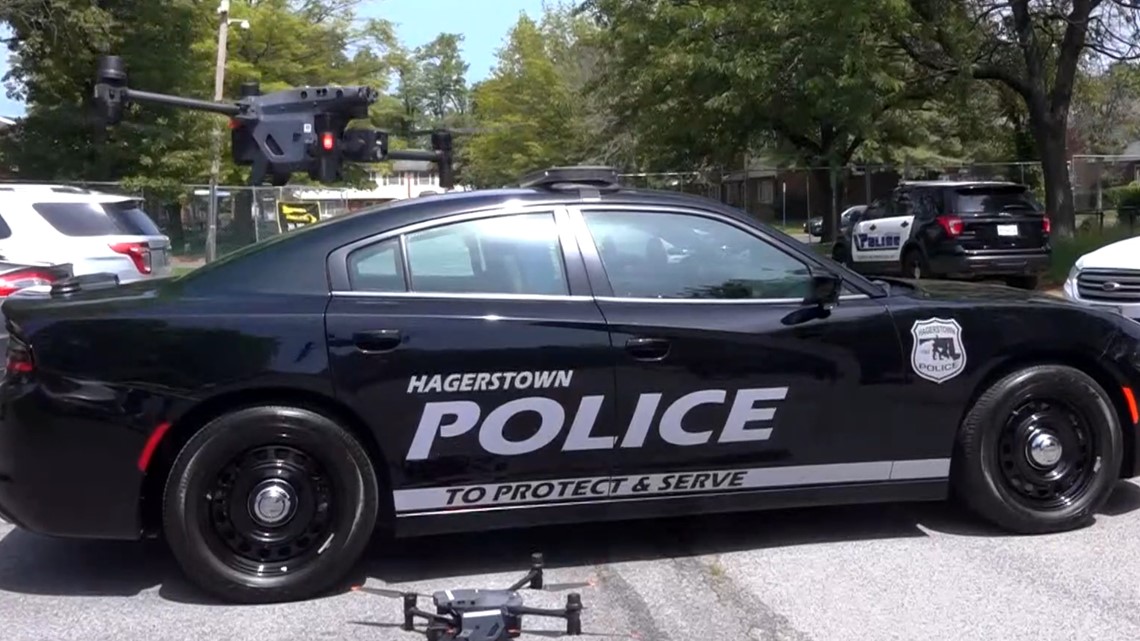The ban applies not just to sleeping on streets, but also to sleeping in cars parked in public spaces.
HAGERSTOWN, Md. — Sleeping outside will be temporarily illegal in Hagerstown, the local police department announced Tuesday. But Maryland state legislators are considering a bill that could ban such bans.
Starting Aug. 8, Hagerstown Police say sleeping outside can come with up to 60 days in jail and a fine of up to $500, along with a referral to housing or social services. And sleeping outside is being defined broadly, including on sidewalks, parks, plazas, city streets, parking lots, parking decks, public buildings, open public property and including vehicles parked in public spaces.
In March, a bill called the Right to Rest Act was introduced in the Maryland House that prohibits localities doing just this. According to the Right to Rest Act, no county or municipality should be allowed to create or enforce any “local law that is designed to prevent an individual from resting or sleeping in a public space, protecting oneself from the elements in a manner that does not obstruct the use of or access to private property, or sleeping in a legally parked vehicle.”
Hagerstown claims the ban is to “ensure public spaces remain clean, safe, and accessible for all residents and visitors.” And the city is allowed to do so; it comes just over a year after the Supreme Court decided cities can in fact enforce outdoor sleeping bans.
The ordinance will be in place for six months, from Aug. 8 through Feb. 8, 2026. It will also be unlawful to lay down bedding and sleeping bags, use tents, tarps and makeshift shelters, build fires, dig for shelter, and store personal belongings in public areas. If a person is caught sleeping outside for more than one day, it will be considered an offense every day.




